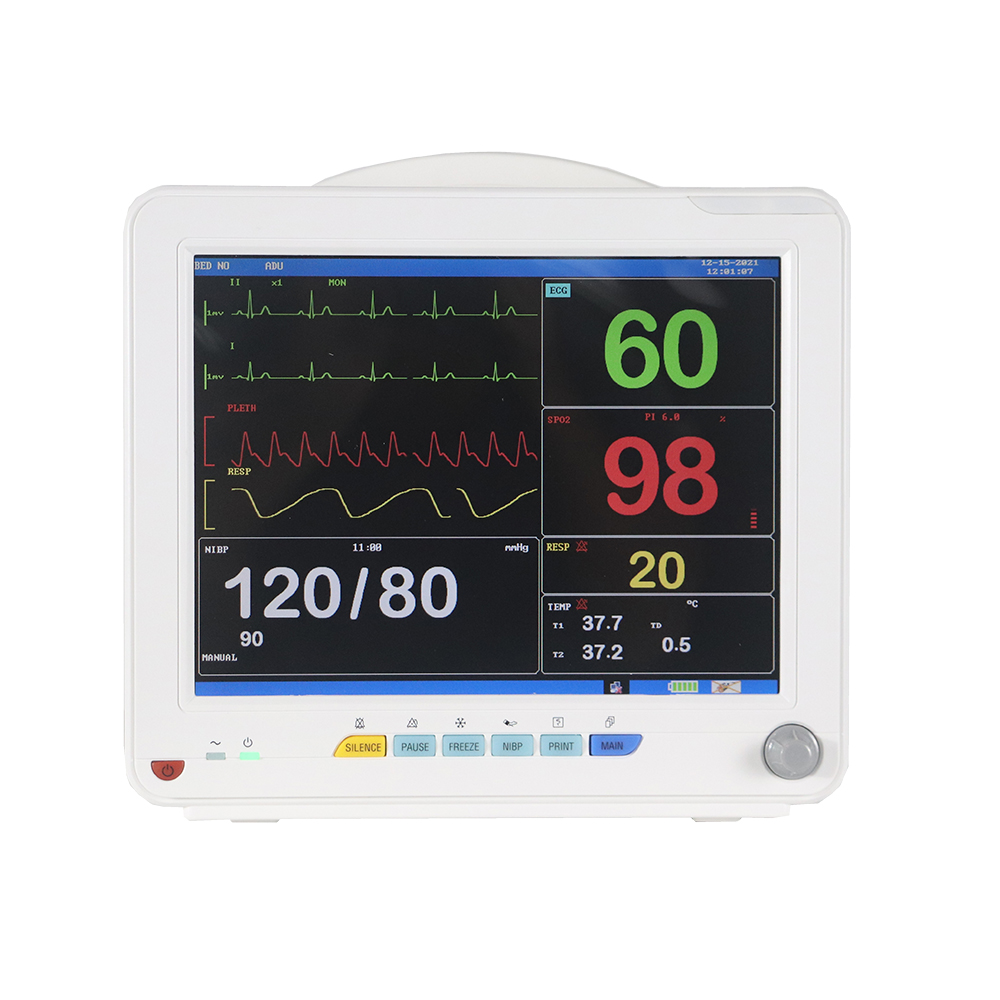Ambulance service might be one of the most basic and important parts of the health-care system, but it’s also a financial mess in New Hampshire, both for patients and private companies.
“We’ve talked to consumers who say, ‘I’ve fallen at home and clearly need to be seen in an emergency room, but I sat there thinking, ‘Can I wait it out, to try and get a family member to take me to the hospital?’ ” said D.J. Bettencourt, commissioner of the New Hampshire Insurance Department. “Someone who is in need of urgent transportation to a hospital should not be having to think about whether or not their particular health coverage is in network with that (ambulance company).” Transport Monitors

A high-profile example occurred in February when a hiker suffering from hypothermia and frostbite was carried off Mount Washington in extreme winter weather following an 11-hour rescue, only to drive himself to the hospital because he feared how much an ambulance ride would cost.
At the same time, Bettencourt said, “We began seeing reports this summer that private ambulance providers were experiencing significant financial distress … particularly in rural areas of the state.”
One issue is that around 80% of transportation covers people using Medicare or Medicaid, “which do not pay anywhere near” the cost, Bettencourt said. That’s particularly true in rural areas, where spread-out population makes it very expensive for a private, profit-driven company to maintain 24/7 coverage.
Municipal services, which are part of fire department or other emergency service budgets, see less immediate financial straits but face many of the overall headwinds, he said.
Problems like these are not unique to New Hampshire and have caused legislators in Washington and Concord to consider various changes to billing, network assignments and reimbursement rates, including some bills percolating through the State House. They also prompted the state Insurance Department to hold an “ambulance summit” that has resulted in a lengthy report issued Friday carrying a number of recommendations for lawmakers to consider.
“This is a perfect opportunity to talk about an issue that has lingered on for … two decades now,” said Bettencourt.
One thing that is clear, he said: “We’re going to need higher (reimbursement) rates (from insurers), particularly in the rural and super-rural areas of the state.”
The report makes several recommendations.
One is to ban on “balance billing,” in which patients have to pay the difference between the ambulance service cost and the amount that the insurance company will cover. The difference can be hundreds or even thousands of dollars if the patient’s health insurance doesn’t consider the ambulance firm to be part of the network.
That is a particular problem, said Deputy Insurance Commissioner Keith Nyhan, because particularly in rural areas, there’s often only one ambulance service available.
“In an emergency situation in particular, consumers have no option to choose whether the ambulance company is in-network or out-of-network. They just show up,” Nyhan said.
Consumers concerned about a balance bill can call the Insurance Department’s consumer service hotline, 800-852-3416 or email consumerservices@ins.nh.gov to get help.
Also recommended in the report is direct payment, a big desire for ambulance providers.
The problem, Bettencourt said, is that when insurance companies cut a reimbursement check for the ambulance provider they sent it to the patient who owns the policy, and expect the patient to pay the ambulance.
“In many cases the consumer is unsure why they’ve gotten this check and run off with it. They think, ‘Oh, this must be a reimbursement’ … so it never makes its way to the provider,” he said.
Both of those suggestions have been included in separate bills making their way through the legislature.
The recommendation says that the changes should be part of overall changes to the system that include gathering better data from all providers, private and public, and doing a better job monitoring costs and availability of service.
Congress is also considering legislation to limit balance billing for ground ambulances, although it’s unclear when or if that will go through.
The full report can be found on the New Hampshire Insurance Department website at https://www.nh.gov/insurance/reports/documents/nhid-ambulance-summit-final-report-20240319.pdf.
Terms & Conditions Privacy Policy About Us Accessibility
By using this site, you agree with our use of cookies to personalize your experience, measure ads and monitor how our site works to improve it for our users

Ultrason Scanner Copyright © 2016 to 2024 by Concord Monitor. All rights reserved.